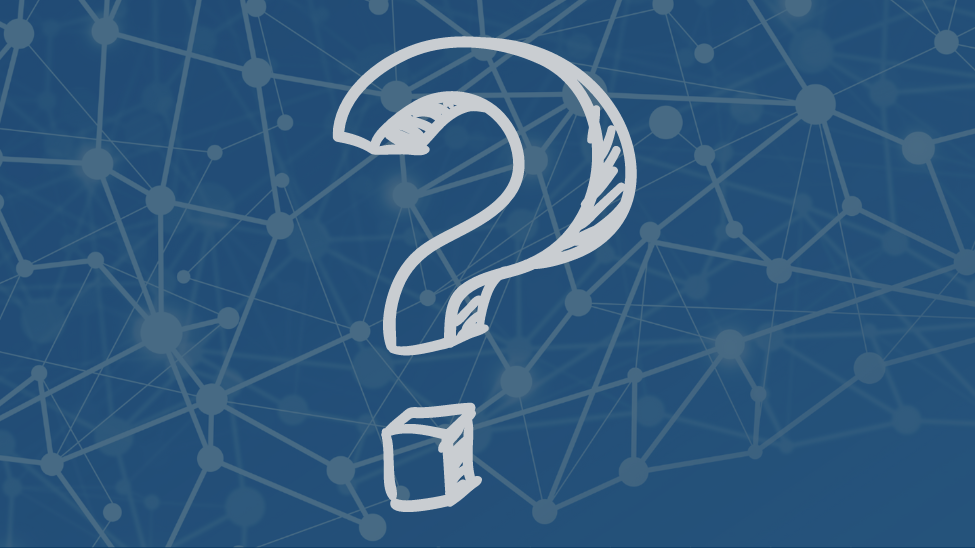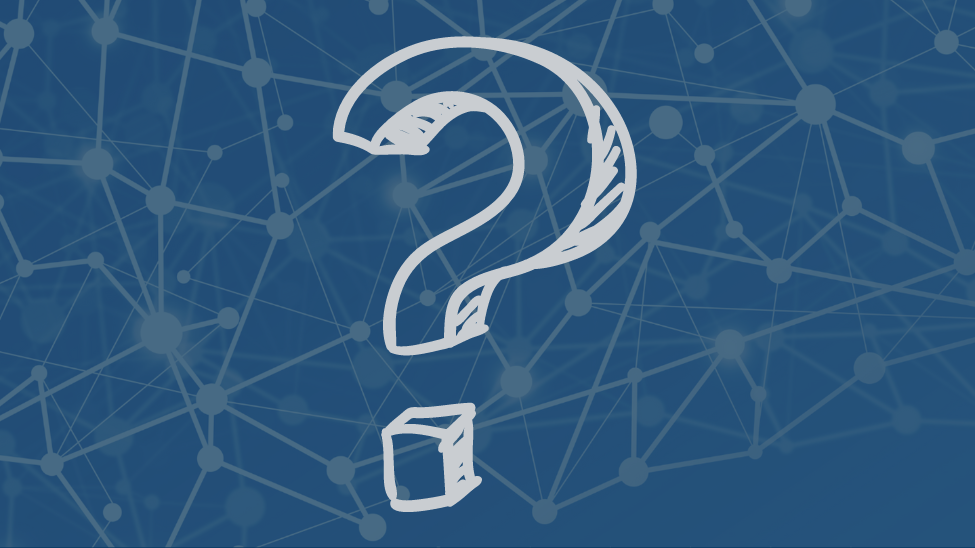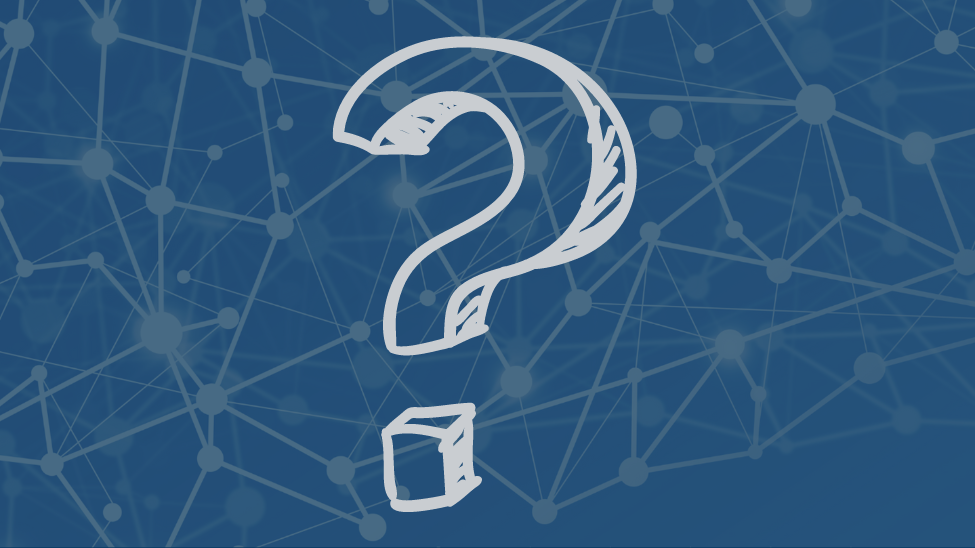2026 Applications CLOSED!!
The programme was recently highlighted in this wonderful article in Varsity, June 2025, read more here.
Please read all the information below carefully and if you still have any questions email programme convenor Dr Melike Fourie at MNeuroSc.NI@gmail.com. However, if you'd just like to be kept up to date with information for the next round of applications join the mailing list.

Applications will open around September, apply online through the UCT Admissions Office (programme MM194CHM16)
INFO SESSION WEBINAR from 10th Sept 2025, recording link, if you'd like to view the previous year's info.
Application details about the programme in the following downloadable pdf:
About the Course
Neuroscience integrates with many other disciplines in biological, engineering, and social sciences. The current programme is therefore structured to accommodate a variety of students from diverse academic disciplines who are interested in pursuing neuroscience-related careers. In a way, it will serve as a gateway or bridging degree, providing students who already hold a Bachelor Honours Degree (or other NQF level-8 qualification, see Entry Requirements) with the relevant foundational knowledge, analytical training, and ethical sensitivity to understand the broader neuroscience field and/or pursue further research. Yes, this is the programme you have been waiting for!
The MNeuroSc will run as a full-time contact programme with a minimum time to completion of one year. To accommodate students unable to complete all coursework in one year, it will also be offered part-time over two years.
Because the programme brings together scientists who are leading world-class research in the field, students will enjoy interaction with internationally renowned researchers and clinicians. Furthermore, students will be able to take advantage of state-of-the-art resources at the Neuroscience Institute, including clinical spaces and meeting rooms, computer laboratories, neuroscience laboratories, a newly-established brain bank, and neuroimaging equipment housed in the Cape Universities Body Imaging Centre (CUBIC).
We envision that this programme will draw students from across South Africa and further abroad, contributing much-needed diversity to the field and broadening the currently limited access to neuroscientific training in Africa.
If you are interested in pursuing a masters degree in neuroscience by dissertation only, you might consider applying for the MMedSci (Neuroscience), please see FAQ Nr 5 below.
Curriculum
The taught component of the programme comprises two-thirds of the credit weighting and consists of 8 compulsory and at least one elective course. The research component of the programme consists of a single mini-dissertation carrying a third of the credit weighting. Scholars from 7 different Departments across 3 different Faculties at UCT contribute to teaching and supervision on this cutting-edge programme.
The programme structure is presented below:
Compulsory Courses:
- Neuroanatomy and Neuropathology
- Molecular and Cellular Neuroscience
- Clinical Applications in Neuroscience
- Bioinformatics Programming with Python
- Ethics of New and Emerging Health Technologies
- Social and Behavioural Neuroscience
- An Introduction to Machine Learning for Neuroscientists
- Neuroscience Research Skills
Electives:
- Neuroimaging Technologies for Research and Clinical Practice
- Introduction to Processing and Interpreting Human Genomic Data
- (Additional electives in AI may be added here)
Research Project: Mini-dissertation
The core courses Neuroanatomy and Neuropathology, Molecular and Cellular Neuroscience, Clinical Applications in Neuroscience, Ethics of New and Emerging Health Technologies, and Social and Behavioural Neuroscience are more theoretical in nature, providing students with foundational knowledge in a range of neuroscience-related areas. These courses also involve a practical learning component, however, such as brain dissections, practical neurophysiology experimental demonstrations, clinical case demonstrations, and a tour and demonstration of neuroimaging technologies at CUBIC-UCT (Cape Universities Body Imaging Centre).
By comparison, the core courses in Bioinformatics Programming with Python and Machine Learning for Neuroscientists, as well as the elective courses in Neuroimaging Technologies and Neurogenomics are more geared towards building capacity in several data analytic approaches, and as such involves practical sessions and assignments in addition to theory. The Neuroscience Research Skills course is also geared towards developing practical skills in conducting and publishing research.
Admission Requirements
To be eligible for consideration for admission, a candidate shall:
- Hold an approved honours or 4-year degree (NQF Level 8 qualification) in a relevant discipline including, but not limited to, Health Sciences, Psychology and Social Sciences, Engineering, Computer Science, Mathematics, Physics, and Philosophy;
- Hold a qualification recognised by Senate as equivalent to the above;
- Have achieved a final mark of 65% or more in their prior qualification;
- Supply evidence of written and spoken English literacy, as English is the primary medium of instruction and administration at UCT;
- Submit for evaluation a portfolio demonstrating their prior knowledge and interest in the field of neuroscience (including supporting letters of reference).
Selection Process
There are limited placements for this programme, and admission will be highly competitive. Selection will be based primarily on academic merit, to ensure that candidates have the ability to master the content in the minimum amount of time. Equity targets and the potential to contribute to the field of Neuroscience in Africa and beyond will also be considered. Short-listed candidates may be requested to attend an interview with the programme selection committee.
Sign up to Mailing List
If you would like to receive timely updates and information about this programme, please sign up here.





